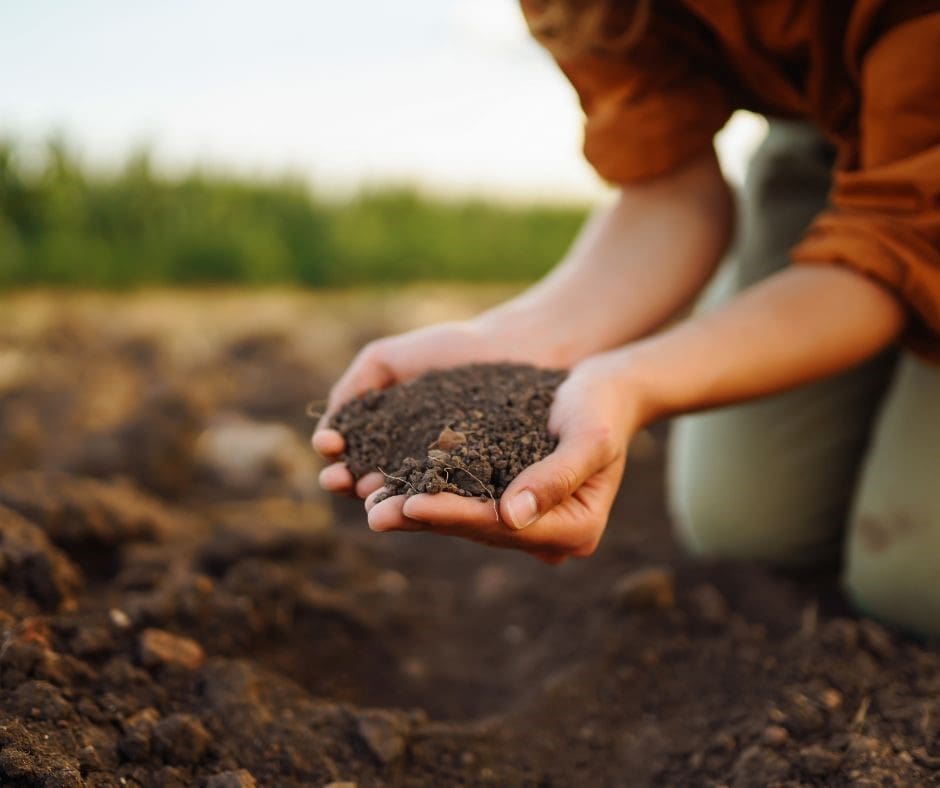By Trish Svoboda
Rattan Lal, a pioneer in the field of soil-focused agricultural practices aimed at enhancing global food security and a key figure in the development of climate-adaptive agriculture, is set to deliver the 2024 Roscoe Ellis, Jr. Lecture in Soil Science at Kansas State University on March 26.
Lal’s presentation, titled “Sustainable Agriculture and Soil Management for Climate and Food Security,” is scheduled to commence at 4 p.m. in the Regnier Forum of K-State’s Regnier Hall. Attendance is free of charge.
At present, Lal holds the position of Distinguished University Professor of Soil Science at The Ohio State University and serves as the director of the university’s Rattan Lal Center for Carbon Management and Sequestration.
Carbon sequestration refers to the natural or man-made procedure of extracting carbon dioxide, an invisible and scentless gas, from the atmosphere and storing it in a solid or liquid state.
“The carbon cycle, including carbon sequestration, is an important component in increasing agricultural resilience to future climate change, improving agricultural sustainability, and moving toward regenerative agriculture systems,” Nelson said.
He further explains, “Comprehending the influence of our farm management on carbon cycling and its ensuing impact on the cycle of plant nutrients will aid us in minimizing nutrient inputs and losses, thereby enhancing the overall efficiency of nutrient cycling in crop production. This understanding will lead to enduring advantages such as lower production expenses, increased net profits, and improved air and water quality for Kansas.”
His contributions to climate-resilient agriculture encompass the sequestration of soil carbon, the sustainable intensification of farming practices, the improvement of agro-ecosystem usage and efficiency, the sustainable stewardship of soils, and the promotion of soil health.
His present studies concentrate on the dynamics of soil carbon and its relation to global warming; the structure of soil and its governance; the erosion of soil and the destiny of carbon carried by erosive processes; the dampness of soil and anaerobiosis; and the sustainable administration of soil and water resources.
Raj Khosla, the leader of K-State’s Department of Agronomy, referred to Lal’s lecture as “a superb chance for our students, staff, faculty, and the community to participate, absorb, learn, and draw inspiration from Dr. Lal and his work.”













